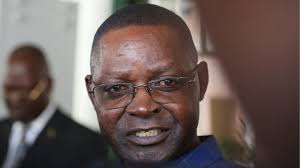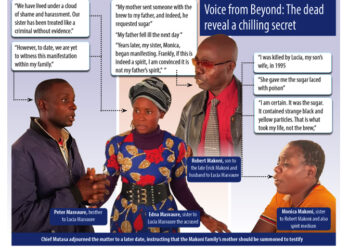In some traditional Ugandan ceremonies, particularly among the Bayankole people, there are specific r!tuals related to marriage that might seem unusual from a contemporary perspective.
In these customs, a significant r!tual involves testing the prospective husband’s s£xual potency.
This r!tual is conducted by the bride’s aunt, who assesses the husband’s capability to ensure that he is suitable and able to provide for future generations.
The aunt’s role is to observe and report on the man’s s£xual performance and overall suitability to the elders.
Following this evaluation, the aunt shares her observations with the bride, providing her with insights into her husband’s preferences and behaviors in order to prepare her for married life.
This step is considered crucial to ensure compatibility and readiness for marriage.
Marriage is highly valued within the Bayankole tribe, and parents take great pride in their children’s unions.
From a young age, girls are prepared for their future roles within the family, with an emphasis on maintaining v!rg!nity until marriage.
The Ankole culture also has specific beauty standards, favoring a fuller figure over a slim physique.
As a result, girls may undergo a fattening process to enhance their attractiveness and readiness for marriage.
The marriage ceremony includes various traditions, such as the “Kuhingira” period, during which the bride’s family presents gifts like cows and food items to the groom’s family, symbolizing the joining of the two families and the celebration of the union.










